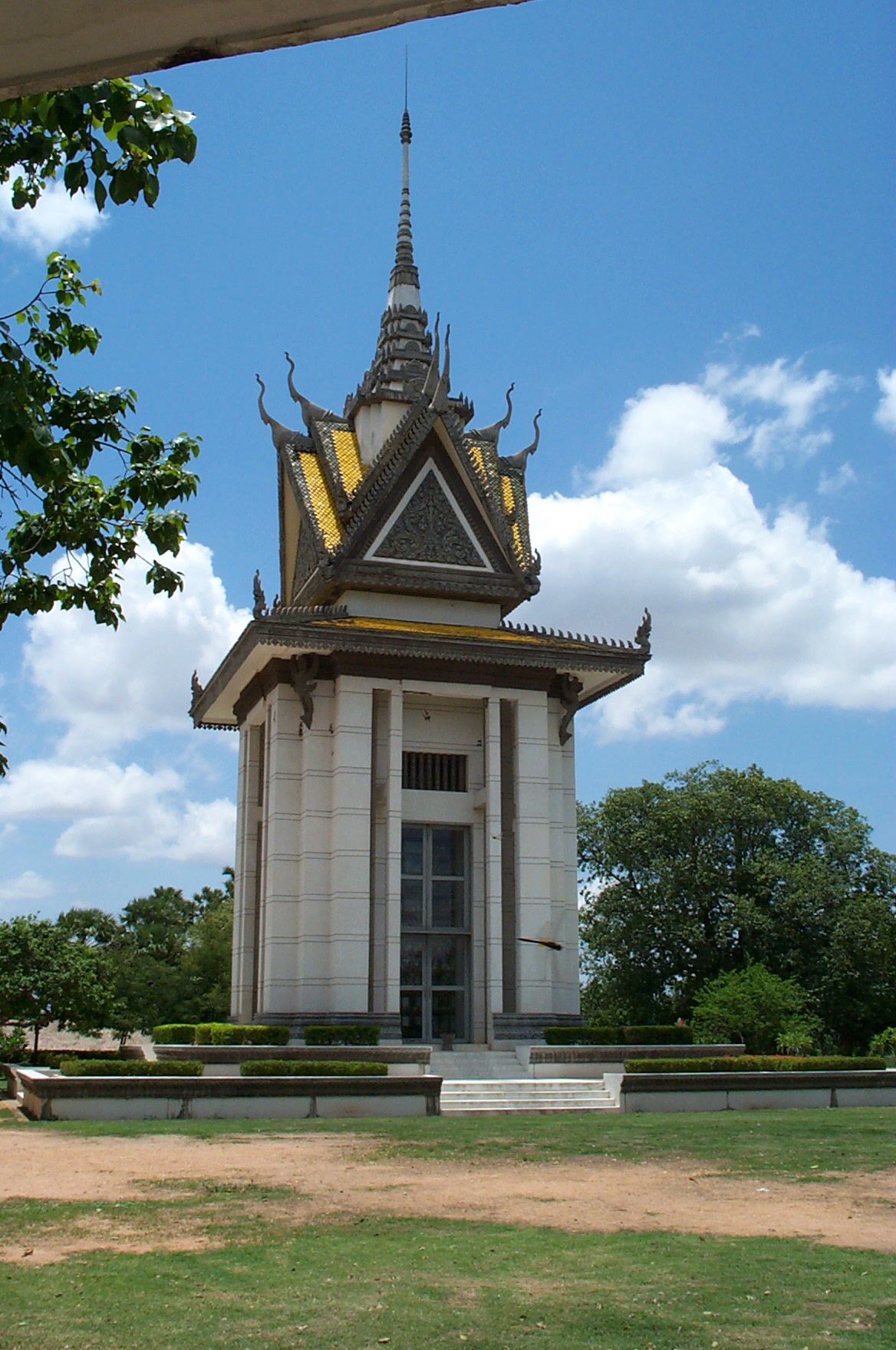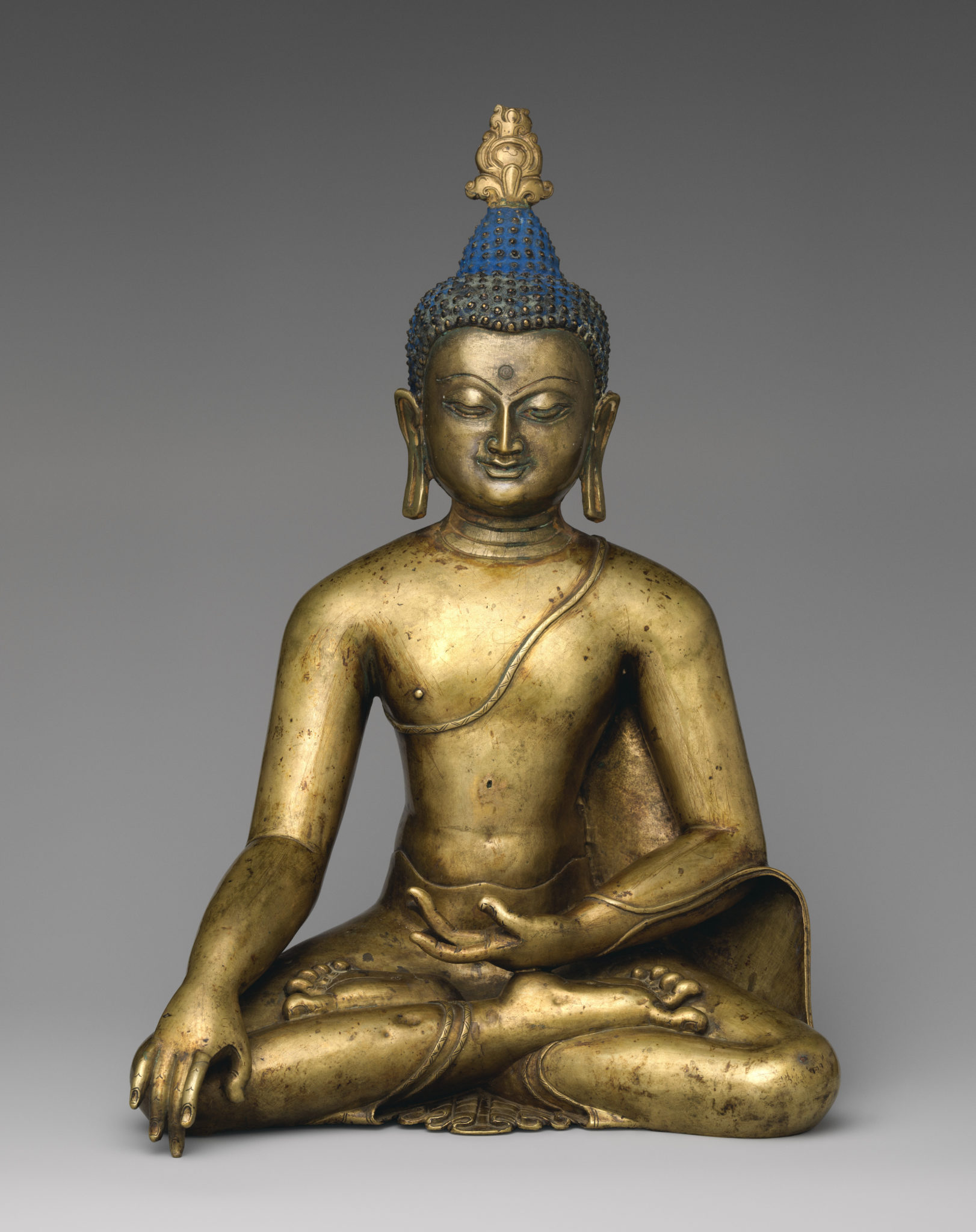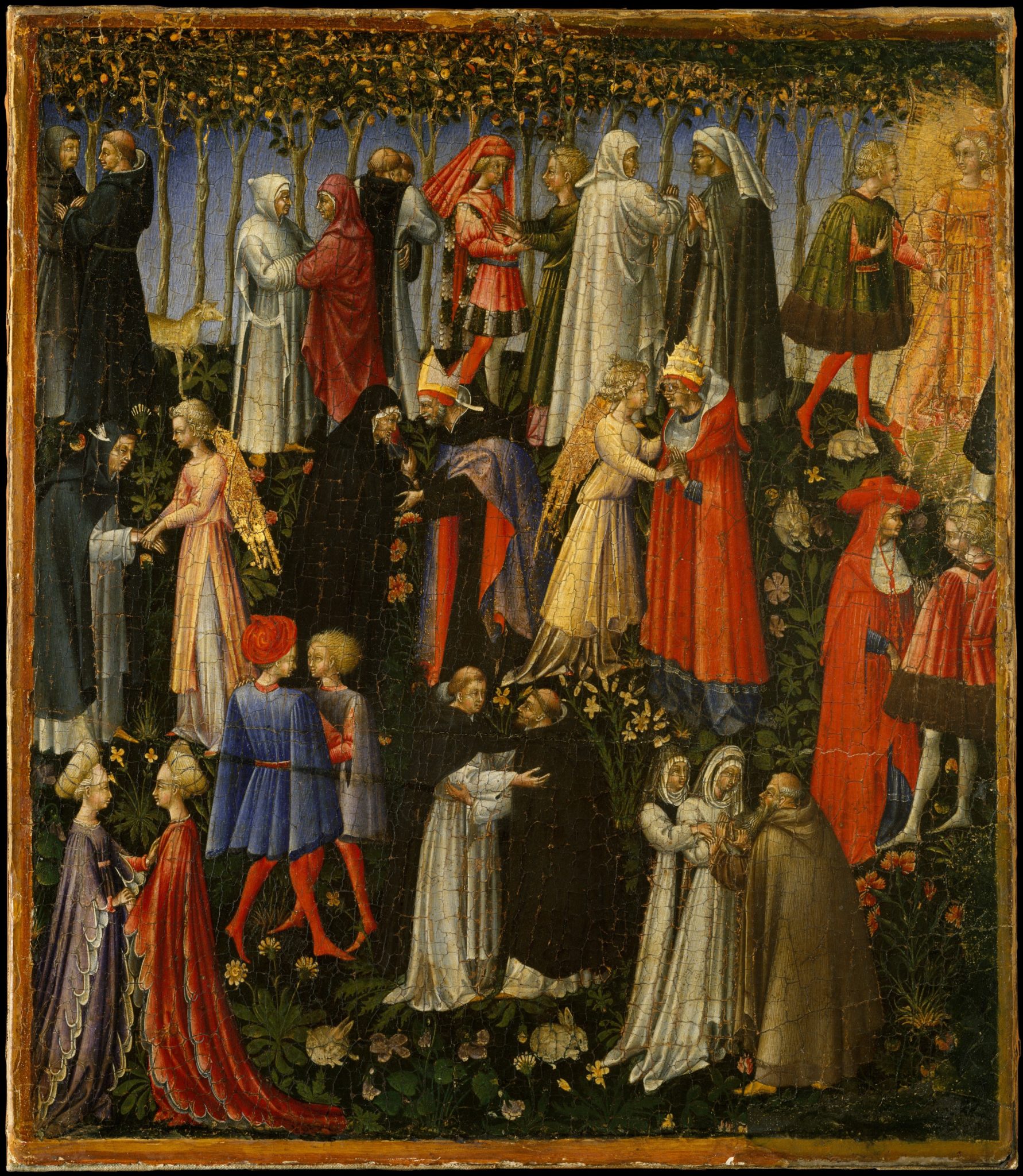I believe what we think about death, and life beyond death is an interpretive key to all serious thinking.
Many believe religious ideas about life after death are essentially the same. Just like when people say all religions are basically the same. But that’s not true. A vast chasm exists between the Muslim who thinks martyrdom in the cause of Holy War yields immediate and everlasting heavenly delights, virginal or otherwise,1 The Koran reveals an afterlife surprisingly sensual and, unsurprisingly, male oriented. and the Hindu who believes karmic requirements dictate putting on disposable bodies, life after life after life after life in dogged pursuit of the next stage of one’s destiny. For the Orthodox Jew, individual bodily resurrection awaits the righteous whereas the Buddhist hopes to finally disappear like a drop of water into the great nameless and formless Beyond.
These are different visions from very different stories, embodying significantly different beliefs about God and the world, and significantly different agendas for how people might live in the present. They are not the same.
***
Confronted with the universality of death, our greatest thinkers refused to adopt hedonism as their guiding light. Although, that was and is an available option. But officially the “let’s eat and drink for tomorrow we die” crowd is surprisingly small. I say surprisingly because unofficially many of us live our lives as if “pleasure” is our guiding principle. But when pressed on the matter we, of course, acknowledge higher purposes. And the better angels of our nature take flight. At least in public.2The big problem Jesus confronted in Matt 7:1 was not judgement per se, but hypocrisy. Jesus dropped a verbal hammer of judgement on the heads of more than a few religious leaders in his day! Read Matthew chapter 23 for the larger context of Matthew 7:1. After finishing his no holes barred indictment of those leaders, Jesus prophesied the sacking of the city of Jerusalem and it’s Temple. He prophesied the entire dismantling of their religious apparatus. An apparatus built on the Truth God had given them, “do as they say, but not as they do.” Yet by their hypocrisy they forfeited their leadership role as caretakers of God’s law and the House of God. A Temple he himself would rebuild in Three Days! Matthew 23 is an astonishing Jeremiad against those who claim to be God’s leaders. Yet, who are not. But before any would be Jeremiahs go off half-cocked with “righteous indignation” against hypocrisy I have two questions: are you living like Jesus lived? Can you build like he builds?
Orthodox Jews, Muslims, and Christians have somewhat similar views about the afterlife. Their ideas exist on the same conceptual map. Each of them acknowledge the God given gifts of sensual pleasure. God created our bodies, after all. But more about those ideas later.
First, I want to explore other beliefs about the afterlife popular in the Western World, a part of the world where Christianity had its widest impact. Three major ideas about post-mortem destiny emerge: Annihilation, Reincarnation, and Absorption (the last two with a characteristically Western twist.)
***
Before they lowered the lid, and I looked down upon the quiet face of my Susie, was that the last time?
More and more people think so these days. In this Enlightened Age, this Age of Science, “this life is all there is,” they say. Death is the end.
Annihilation is an increasingly popular opinion in the modern industrial world. Philosophical Materialism gave birth to the idea of Annihilation. Materialism got its formal start in Ancient Greece. So it has a long distinguished pedigree. Some of the most famous materialists, oldest to latest, are Epicurus, Lucretius, Machiavelli, Voltaire, Comte, Marx, Sartre, Bertrand Russell, Richard Dawkins, Sam Harris and, unfortunately, most modern scientists. Its main idea? Matter and energy exists and nothing else.
Some infamous members of that diverse group were mentioned in my last post. Their murderous ways were no doubt aided and abetted by the belief that this life is all there is. Lenin, Stalin, Mao, Pol Pot, etc., and their followers are the ugly step-sons and daughters of Philosophical Materialism. Most Materialists or Physicalists, as modern day materialists prefer to call themselves, wouldn’t dream of taking another human life. But if your philosophy teaches you nothing exists but matter and energy, you could plausibly think
(a) I might as well get all the matter I can,
or
(b) I might need to energetically remove matter if it blocks my way to personal growth or, more unselfishly, Utopia for all.
For example, you could be tempted to believe you should remove unjust class distinctions by removing entire classes of matter. Communism did just that last century. As I mentioned in my last post, in the span of 4 short years, Cambodian Communists returned 2 million discrete bundles of matter & energy back to the earth from whence they came. Vive la révolution!
Cambodian leader Pol Pot learned his Marxism in Paris in the 1950’s where leading intellectuals Jean Paul Sartre and Maurice Merleau-Ponty were explaining how terror could be the midwife of “humanism.”3Maurice Merleau-Ponty, Humanism and Terror, trans. John O’Neil (Boston: Beacon Press). Not exactly a shining moment for Materialism or Humanism.
***

[Killing Field, Choeung Ek, Cambodia]
***
But, as I said, most Materialists wouldn’t dream of taking human life much less committing such atrocities. It’s just that I don’t see how the logic of Philosophical Materialism successfully argues against it. I suspect the better angels of our nature are unconsciously at work here. And thank God!
Now back to the personal level, death ends all of me. It’s a difficult proposition for most to accept. So most don’t. On the cosmic level, some world class physicists have been driven to despair because their studies reveal a Cosmos heading for either
(a) a slow death as the Universe continues its expansion away from the Big Bang, with galaxies slowly cooling and decaying into a dying whimper,
or
(b) a relatively quick reversal and catastrophic “Big Crunch” brought about by gravitational contraction.
Of course, none of this will happen for billions of years, so no worries for now, but for those of us who scan the Big Picture for clues about the meaning of life, Philosophical Materialism remains unavoidably depressing.
Distinguished theoretical physicist and atheist Steven Weinberg concluded in light of the above mentioned cosmic futility, that life seemed quite pointless to him. He could only face it with a kind of heroic defiance.4 S.Weinberg, The First Three Minutes, Andre Deutsch, 1977, p. 149.
He’s not alone. This defiant despair may be found among poets too. Dylan Thomas, presumably a member of the annihilationist camp, when thinking of the upcoming death of his father wrote:
Do not go gentle into that good night.
Rage, rage, against the dying of the light.
Nobly defiant. But still depressing.
Which is why most say, annihilation may be for thee, but not for me. Almost everyone believes in an afterlife. And though the annihilation school boasts record numbers today, attended by some of the most influential people, it’s still relatively small.
***

[Central Tibet, 12th Century]
***
Many in the West find an afterlife idea from the ancient Far East appealing. Reincarnation is the belief that human souls individually migrate from one body to another in a series of lives until complete purification and education is achieved, at which point individuality melts away into the unconscious experience of Oneness with “God.” Spirit is valued over body. Bodies are wonderfully dispensable in this second, third, fourth, fifth….chance spirituality. For Buddhists the ultimate practical goal is resisting the temptations of desire, a resistance that results in enlightenment by stripping away the false consciousness of individuality with its bodily existence so that you find your “true self” in the great spirit sea of God.
Having more than one bite at the apple of life appeals to many. Also, it allows us to acknowledge the intuitive wisdom that choices in life have consequences. Which brings up another closely associated idea. Karma. Karma appeals to our sense of justice. We get what our actions deserve.
Of course if you are a member of the lower classes, your prospects are, here’s that word again, depressing. Karma put you there. The bad acts committed in one life receive punishment and hopefully purging in the next. Unfortunately, given your current bodily existence, as a member of the poor unwashed, you have a long, long way to go buddy. Many turns of the wheel before escaping the cycle of birth-death-rebirth and experiencing the eternal bliss of Nirvana. This ancient wisdom also teaches regress down the chain of being from human to animal life or worse. Needless to say, progress is not inevitable.
Modern Westerners tend to excise the unappealing, unmarketable parts borrowed from other cultures. Pairing them down to more digestible, more profitable portion sizes for western bellies. Given Western notions of self-improvement this possibility of downward mobility rarely comes up. Too tough to mass market, I suppose. I suspect an unquestioned assumption of our technologically astute Western World, the “myth of progress,” may also have something to do with this.
***
But since I’ve taken a couple of gentle swipes at western tendencies, and will continue to do so, let me say something positive.
The British brought and did bad things to India, the birthplace of Reincarnation, but paving the way for Authentic Christianity wasn’t one of those bad things. Our criticisms of Empire, and they are many, whether British or American, must not blind us to the existence of real benefits. Our critiques must be grown-up and nuanced. After all, the pagan empire of Rome and its benefits, not least of which were Roman roads, and the relative ease of travel, greatly assisted the spread of Christianity. Not, of course, as much as the Holy Spirit empowered witness of “the blood of Christian martyrs” on the hands of those same Romans or of Christian compassion for the sick and poor. Yet it remains true “in the fullness of time, Christ came.”5Galatians 4:4 (NRSV): But when the fullness of time had come, God sent his Son,
All that to say this. For the Orthodox Hindu, Karma, the inexorable law of cause and effect, places you in this life with a certain status or class. That is your dharma, your duty in life and that’s what you should remain this time around. For devout Hindus, the Dalits (lower class “Untouchables”) are born into their state, their caste, due to karma from a previous life. They are to remain content with that status—to seek status improvement in this life makes things worse next time around. Also, reaching outside of your class to extend a hand of compassion to those less fortunate may contribute positively to your karma, but makes things worse in the future life of the recipient. Why? They must by their own actions change their future destiny. I think it’s fair to say ancient Hinduism would not have produced many Mother Teresa’s. Untouchables usually remained untouched. In sharp contrast, authentic Christian community lovingly opens to all classes the fruits of family membership and shared obligations.
Galatians 3:28–29 (NRSV):
“There is no longer Jew or Greek,
there is no longer slave or free,
there is no longer male and female;
for all of you are one in Christ Jesus.
And if you belong to Christ, then you are Abraham’s offspring,
heirs according to the promise.”
Gandhi’s philosophy was heavily influenced by the teachings of Jesus found in the gospels. And although he opposed conversion to Christianity, for himself and his community, it is certainly arguable that India would not now be the World’s largest democracy without Christianity and its teaching about the worth of the individual human life, body and soul.
I know in saying this I’m stepping in front of “the multicultural train” that has been steaming down the track for many years now. And once that one passes over me, “the post-colonial train.” But, I humbly submit these hopefully Christian observations for your open-minded and generous assessment.
What is not open to doubt, or cultural bias is the following fact: recent polling suggests around 40% in the United Kingdom believe in Reincarnation. That’s a big number!
***
Now to the next popular idea, Absorption. Also from the Far East. Again, as is common to us westerners we jump straight to absorption at death bypassing the rigorous outworking of karma that the Orthodox Hindu or Buddhist insists upon. The Buddha himself, presumably the most noteworthy practitioner, required more than a thousand lifetimes on his path to enlightenment. His drop in the ocean merger with the unnameable, unknowable Beyond did not come easy.
But this level of rigor won’t do for the modern Western mindset. Here are a few poetic examples of Western impatience with that tedious prospect.
From the pen of the Romantic poet Shelley in a memorial to another poet Keats, dead at the age of 25:
Peace, peace! he is not dead, he doth not sleep—
He hath awakened from the dream of life—
’Tis we, who, lost in stormy visions, keep
With phantoms an unprofitable strife …
He is made one with Nature: there is heard
His voice in all her music, from the moan
Of thunder, to the song of night’s sweet bird;
He is a presence to be felt and known...
Here we find a mixture of Nature Religion and Buddhism.
Finally one more in that vein. An anonymous soldier on his way to battle, and perhaps death, memorably expressed the doctrine of Absorption so popular today.
Do not stand at my grave and weep;
I am not there. I do not sleep.
I am a thousand winds that blow,
I am the diamond glints on snow.
I am the sunlight on ripened grain,
I am the gentle autumn rain …
Do not stand at my grave and cry,
I am not there. I do not die.
When Princess Diana died, memorials of flowers, love notes, well wishes, etc., were left in London at various Royal Family locales. One note spoken in Diana’s own voice reflected a similar fusion of Nature Religion and Buddhism: ‘I did not leave you at all. I am still with you. I am in the sun and in the wind. I am even in the rain. I did not die, I am with you all.”
One presumes that the titular leader of the Church of England, and “Defender of the Faith,” the Queen herself would quibble with that misguided, albeit, tender sentiment. The Royal “Mum” would or should know those comments are devoid of Christian content.
***
When a Christian dies sometimes you’ll hear from other Christians things like, “She/he is with us now more than ever.” Actually, I don’t think so. She/he is with God more than ever, I’ll grant that. Even if Susan attained some god-like ability to be with us simultaneously or in light-speed succession we still couldn’t see, hear, touch, or taste her or talk with her. And because we cannot do those things she is not fully present. Not yet. 😇
How did Christians get to the point where we say or imply that bodily death doesn’t matter? That bodies are disposable, or are essentially irrelevant? Or based on the last comment, actually impede spiritual growth and presence?
Well, it is partially because many in our Western world have borrowed willy nilly and Western like from other great religious traditions, but also because within Christianity itself we have appropriated outside ideas based on the sensible belief that “all Truth is God’s Truth.”
Yet, we often fail to contend for the unique contribution Classic Christianity made and continues to make to the questions of death and the afterlife. Not to mention how we ought to live in the present. Our story is unique. We need to get back to the heart of that story. And start again.
As I highlighted in my last post that story is a fully integrated vision of reconciliation. A marriage between all the vital parts of God’s good creation. This union in marriage does not obliterate the unique and continuing contribution and worth of each marriage partner. You will not find in this story a Buddhist dissolution of self into the great Beyond. Strictly speaking that is Oneness, and not Christian union.
It is a story about Jew and Gentile. Husband and Wife. Male and Female. Heaven and Earth. God and Creation. Spirit and Matter. Soul and Body. All coexisting. All real. All commingling together, intimately joined, yet remaining distinct. Unity & Diversity. And at the center of it all. A place for real persons to walk and talk and enjoy each other forever—The Garden-City of God.
***

Altarpiece in the church of San Domenico, Siena
***
At the end of this post we started a little Christian “house cleaning.” There is more to do. We will also look at the influential teachings of a prominent Western thinker/theologian whose ideas have taken us away from the teachings of Classic Christianity.
If you haven’t already added your email to my list, do so and I’ll let you know when the blog is updated. And send you passwords to access my Private Collection.
Email: blog@blueridgemountain.life
I recently signed up to participate in the Gail Parkins Memorial Ovarian Cancer Walk & 5K Run. Also, I created a Team called:
Susan’s Soldiers (This is War!)
http://dccc.convio.net/goto/susansoldiers
Contribute if you can to this worthy cause.
